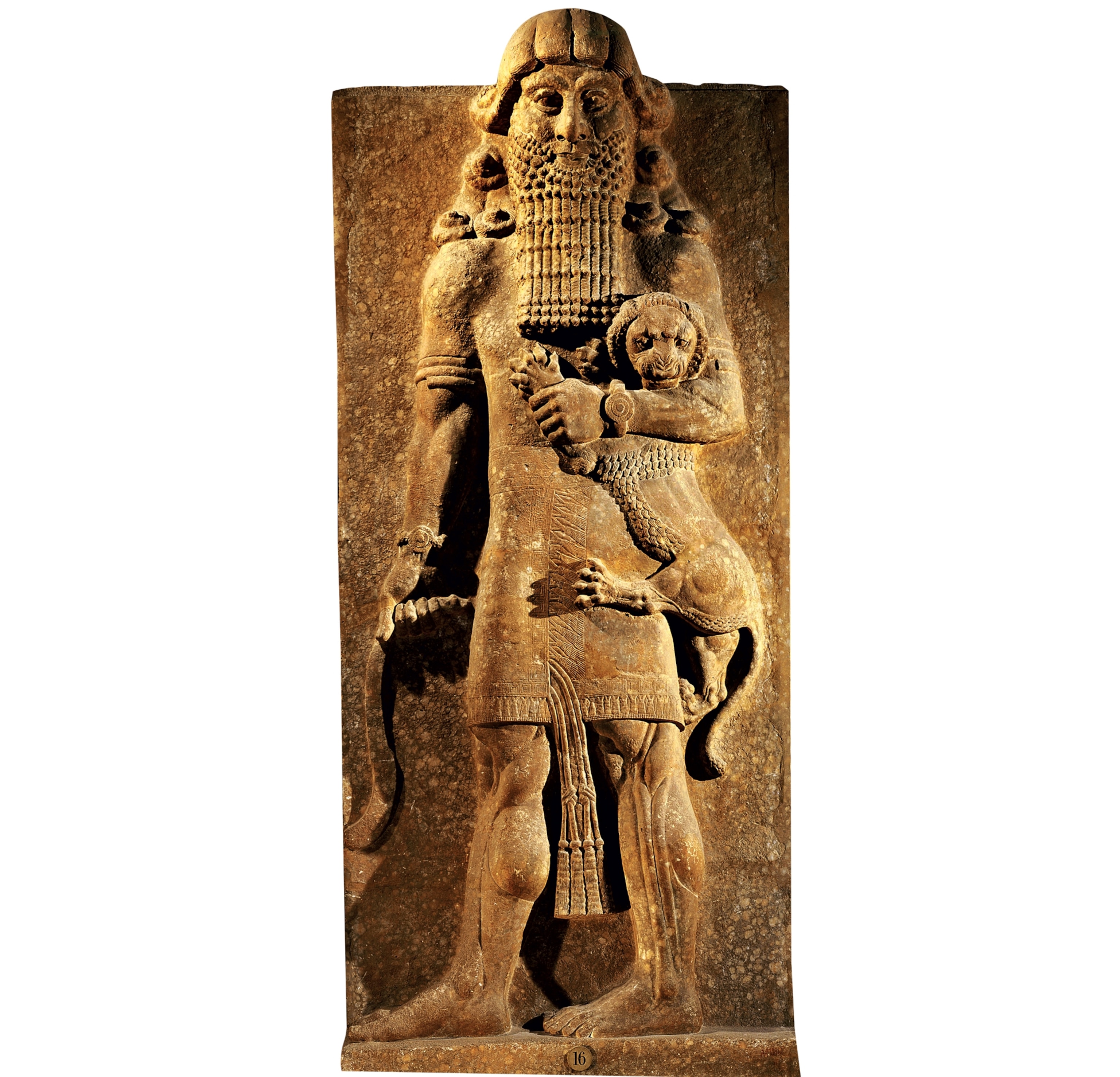Introduction
Gilgamesh is a legendary king of the ancient city of Uruk in Mesopotamia, known for his extraordinary strength and heroic deeds. His story is chronicled in the “Epic of Gilgamesh,” one of the oldest known pieces of literature, believed to be over 4,000 years old.

The King of Uruk
Gilgamesh was a historical figure recognized for his immense power. He ruled Uruk with an iron fist, leading to discontent among his people. To counter his tyranny, the gods created Enkidu, a wild man who eventually became Gilgamesh’s closest friend. Together, they embarked on numerous heroic adventures, including defeating the monster Humbaba.
The Epic Poem
The “Epic of Gilgamesh” consists of twelve tablets, each detailing different episodes from the king’s life. It explores themes such as friendship, mortality, and the quest for meaning. After Enkidu’s death, Gilgamesh sets out on a journey to discover the secret of immortality, facing various challenges and mythical beings along the way.

Key Themes
The epic addresses profound themes that resonate universally. The search for immortality reflects humanity’s desire to overcome death and find lasting significance. The friendship between Gilgamesh and Enkidu highlights the transformative power of human connections. Additionally, the story examines the relationship between humanity and the divine, showcasing both the strengths and limitations of mortals.
Cultural Impact
The “Epic of Gilgamesh” has significantly influenced literature and culture throughout history. Its themes resonate in countless works, from ancient Greek epics to modern storytelling. The epic’s exploration of human experiences continues to inspire readers and scholars, revealing timeless truths about our existence and connections with one another.
Conclusion
The legacy of Gilgamesh endures through his epic tale, captivating audiences and providing profound insights into the human condition. Engaging with this ancient work reminds us of the universal themes that define our shared experiences, reinforcing the enduring power of storytelling throughout history.

